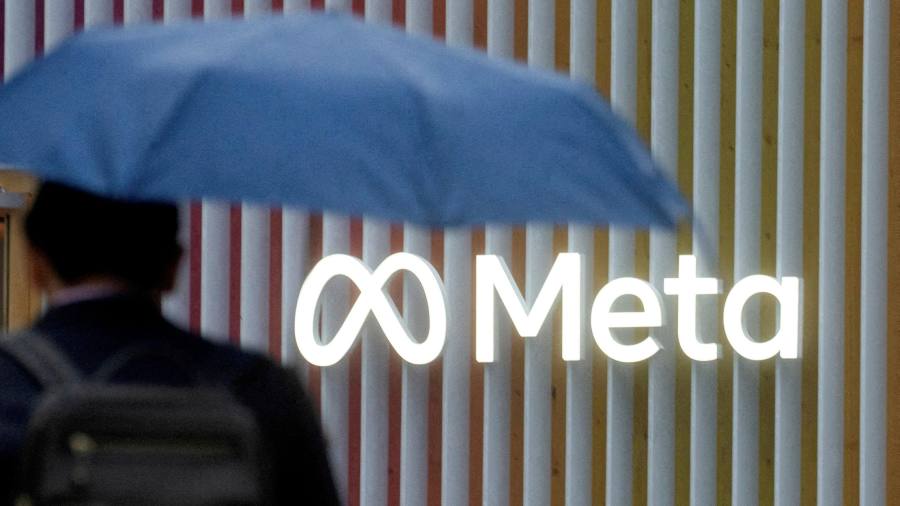
Receive free Meta Platforms updates
We’ll send you a myFT Daily Digest email rounding up the latest Meta Platforms news every morning.
Meta’s Facebook has suffered a further setback in the way it uses data for online advertising after the EU’s top court ruled that competition regulators are allowed to probe whether companies comply with privacy rules.
The Court of Justice in Luxembourg said regulators can look at the way companies use data to advance their powerful positions as part of investigations into tech groups’ anti-competitive practices. The move is significant because it allows watchdogs to consider breaches of privacy rules.
Tuesday’s ruling said Facebook “cannot justify” the use of personal data to target users with ads unless it gains their consent. Privacy rules, which came into force in 2018 for the bloc, are designed to protect citizens’ rights when it comes to companies’ use of their personal data.
The judgment will have “far-reaching” consequences on the business models used in the data economy, the German Federal Cartel Office said in response to the ruling.
The court’s decision marks a significant step towards enhancing the powers of antitrust regulators to go after the business models of some of the largest tech companies such as Meta and Google over the way they handle the troves of data they collect.
It “sends a strong signal for competition law enforcement in the digital economy, a field where data are decisive for market power”, said the cartel office’s president Andreas Mundt. He added that the use of consumers’ “very personal data” by large internet companies can be deemed “abusive” under competition law.
The Luxembourg court on Tuesday said Germany’s cartel office was right to use its powers in 2019 to block Facebook from combining data from its site with that on WhatsApp, without user consent, to target people with ads.
Its decision follows a ruling three years ago that came in response to an appeal from Facebook against a 2019 decision in Germany. Facebook in its appeal said the German regulator was mixing privacy law with antitrust rules, which prompted a court in Düsseldorf to allow the tech giant to pool the data until a final ruling was reached.
Germany’s highest civil court in June 2020 said Facebook must follow an order from the antitrust watchdog. This move required Facebook to change how it handles users’ data.
German authorities then sought the views of the EU courts over whether antitrust regulators could also include the use of data in the scope of their probes tackling anti-competitive abuses.
The EU court on Tuesday stressed the importance of authorities co-operating with each other and proposed a law that would allow regulators to share information about fines earlier in any investigation into a privacy breach.
“This will facilitate consensus-building and reduce the likelihood of disagreements,” said a document shown to the Financial Times. This comes after a dispute over how much Meta should have been fined for privacy breaches by regulators.
“We are evaluating the court’s decision and will have more to say in due course,” said Meta.